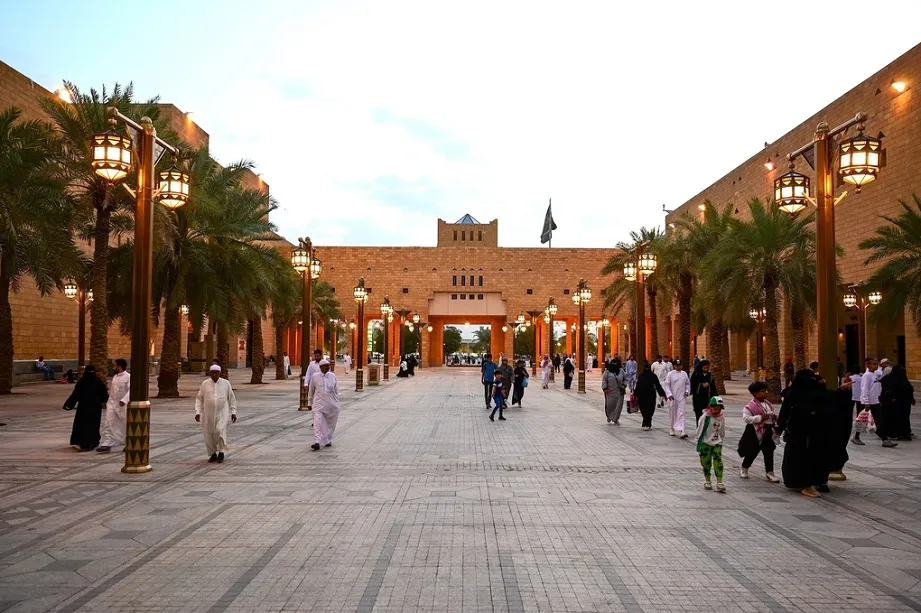Islamabad: Saudi Arabia has unveiled a major initiative to localize 41 tourism-related professions as part of its broader Saudization drive, aiming to create more job opportunities for Saudi citizens and reshape the private sector workforce.
The plan, which was announced on Monday, is led by the Ministry of Human Resources and Social Development (MHRSD) in collaboration with the Ministry of Tourism.
The localization effort will be rolled out in three phases, starting on April 22, 2026, and will affect all private tourism businesses across the Kingdom.
The targeted professions include leadership and specialist roles such as hotel manager, hotel operations manager, tourism development specialist, travel agency manager, site guide, and hotel receptionist. Additionally, positions in purchasing, planning, development, and sales will also be localized.
The phased approach aims to ensure a smooth transition for businesses, while enhancing employment opportunities for Saudi nationals.
The second phase will begin on January 3, 2027, followed by the final phase on January 2, 2028.
A detailed procedural guide has been published, outlining which professions are covered, the required Saudization ratios, and penalties for non-compliance.
The initiative is part of Saudi Arabia’s broader efforts to bolster its tourism sector, driven by major projects like NEOM and the Red Sea development, alongside the introduction of tourist visas, which aim to position tourism as a key driver of the Kingdom’s economy.
Saudi Workforce: Local vs. Foreign Labor
Saudi Arabia’s workforce is a mix of local and foreign labor, with a significant proportion of the workforce being foreign nationals.
The country has long relied on foreign workers to fill positions in various sectors, including construction, retail, hospitality, and domestic services.
Read More: Sindh Govt’s Job Portal: Find Latest Jobs Easily
This reliance on foreign labor stems from the kingdom’s rapid economic expansion, especially during the oil boom, which led to an influx of migrant workers from countries like India, Pakistan, Bangladesh, and the Philippines.
However, with the implementation of Vision 2030, the Saudi government is focused on increasing the participation of Saudi nationals in the workforce through a series of initiatives known as Saudization.
This program encourages private sector businesses to hire Saudi citizens by setting quotas for certain professions and offering incentives.
The aim is to reduce the dependency on foreign labor and empower Saudi workers, particularly in high-skilled sectors such as technology, finance, and tourism.
In recent years, Saudi Arabia has made substantial strides in diversifying its workforce, especially in areas like tourism and entertainment, which are seeing increased job opportunities for nationals.
Also Read: Saudi Citizens Can Now Visit Pakistan Without Visa, Says Mohsin Naqvi
Despite these efforts, foreign labor still plays a critical role in sectors requiring labor-intensive work, where the local workforce is either unavailable or unwilling to fill these positions.
The balance between local and foreign workers remains crucial to Saudi Arabia’s economic future.
